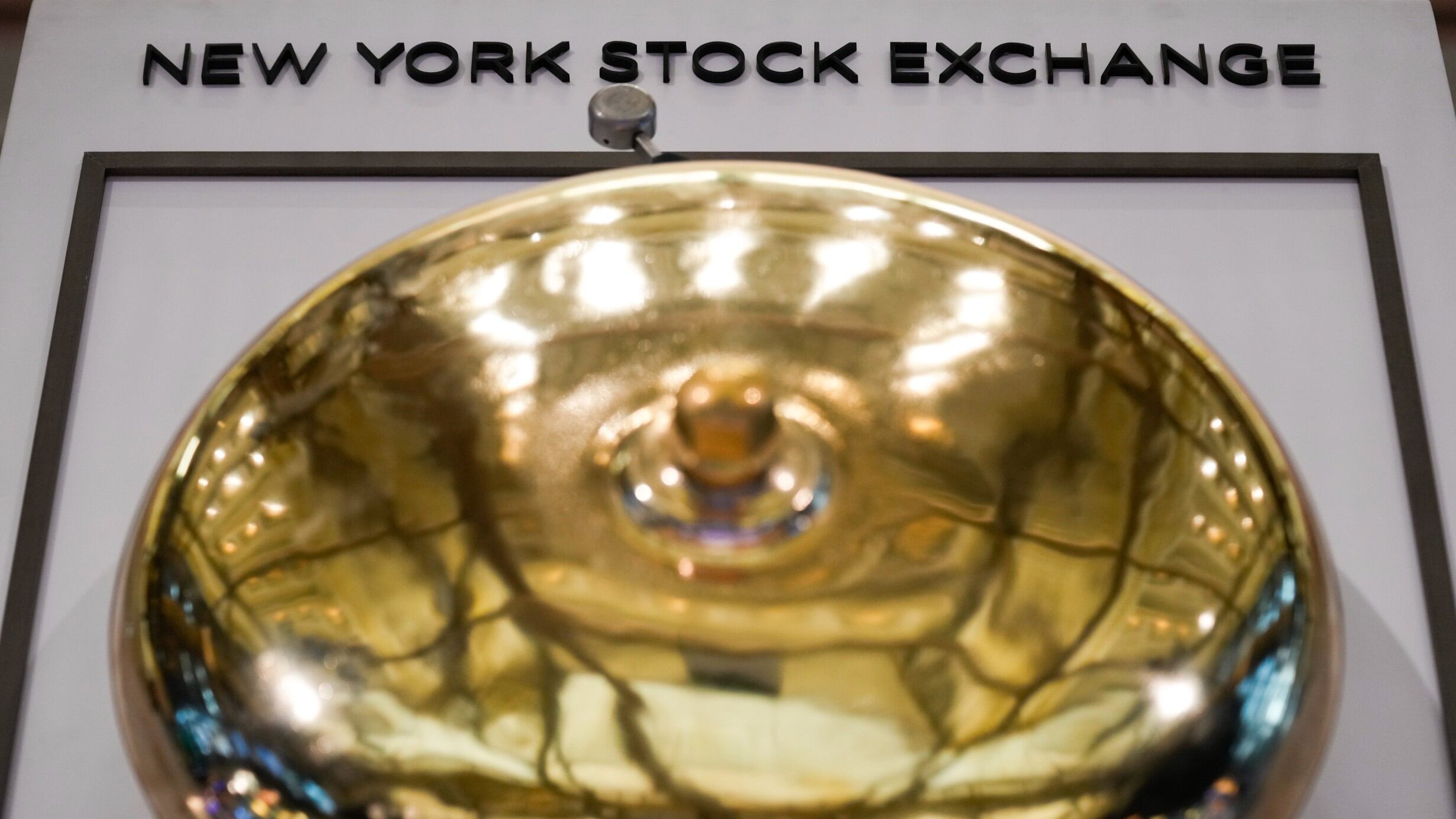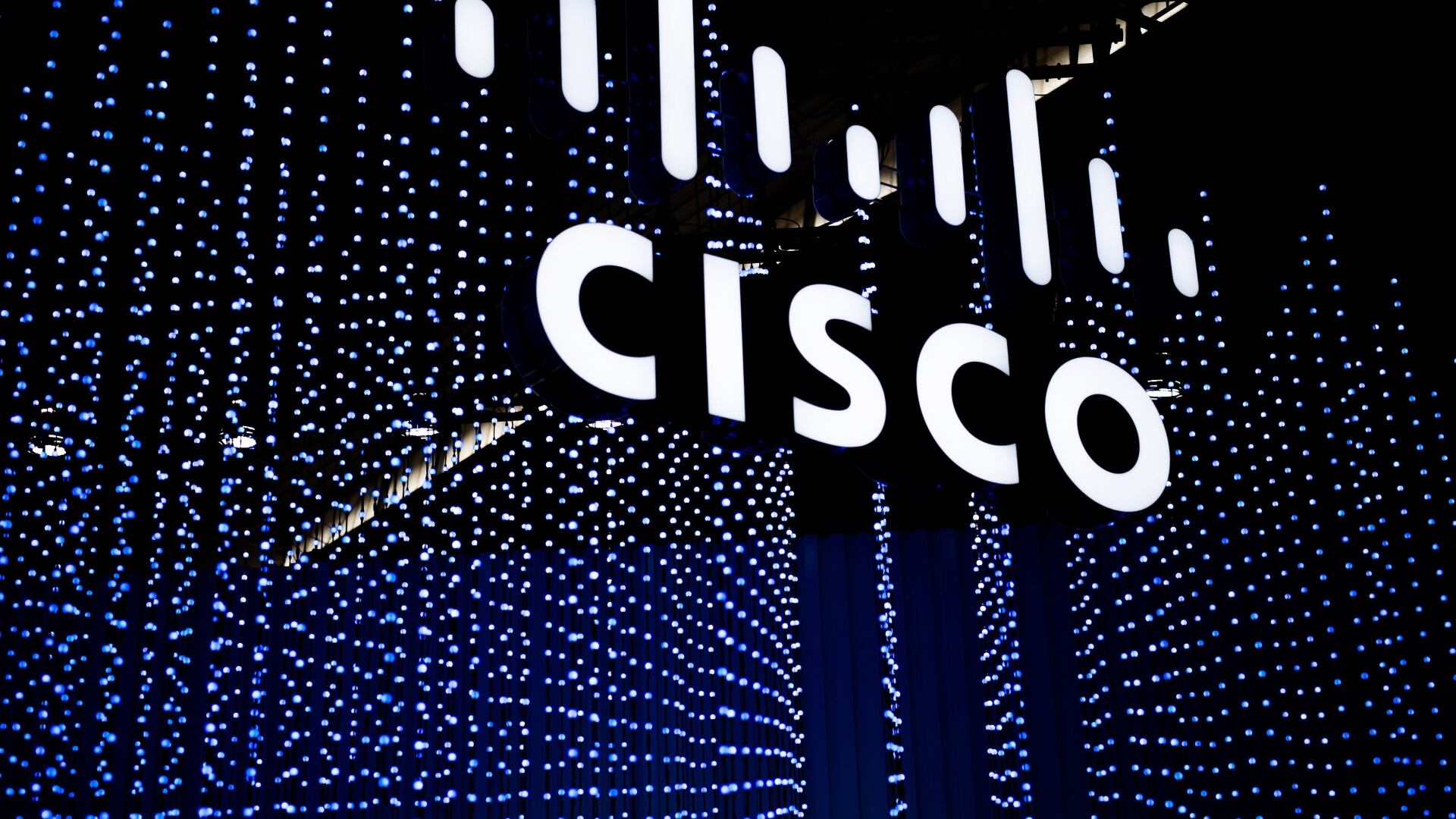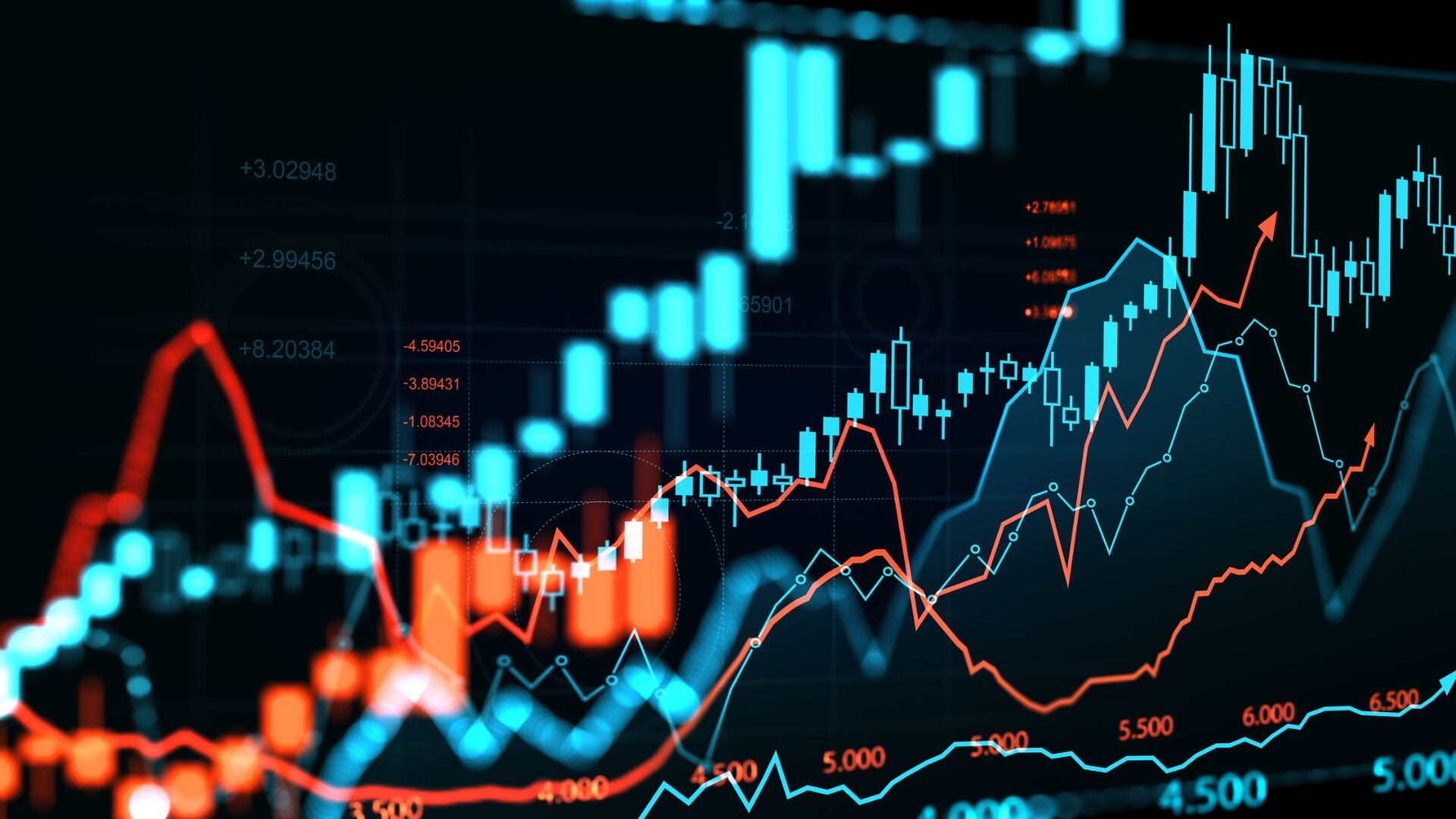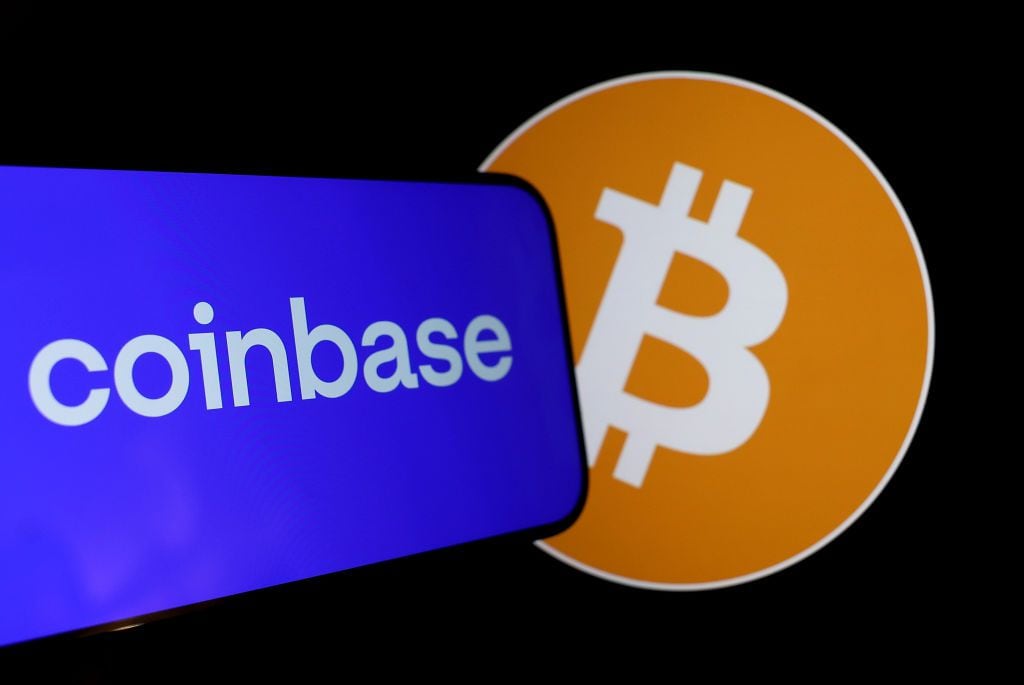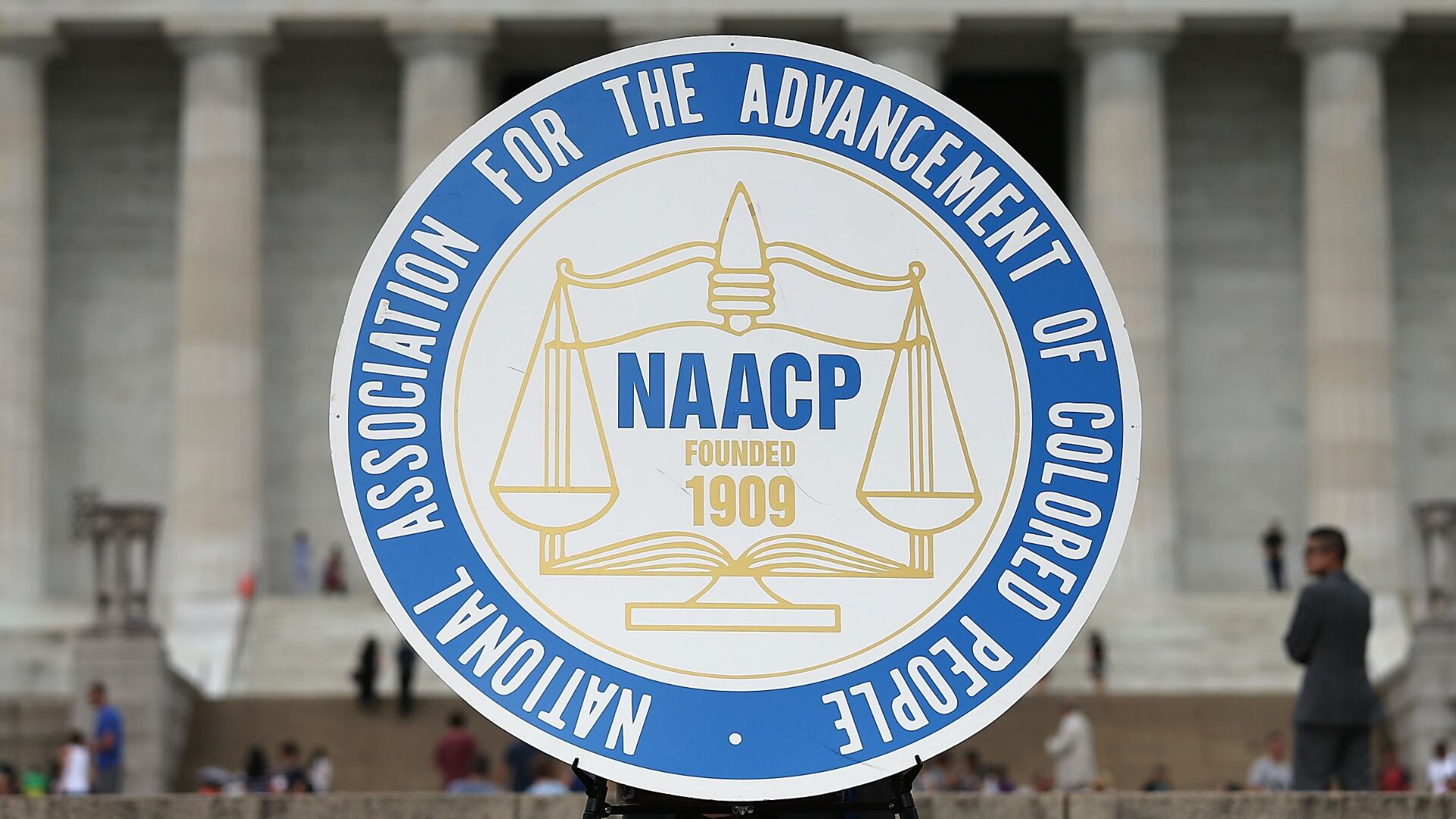By Stan Choe
Wall Street is adding to its winning week Thursday following the latest signal that inflation is continuing to ease its chokehold on the economy.
The S&P 500 was 0.6% higher in midday trading and on pace for its seventh winning week in the last nine. The Dow Jones Industrial Average was up 61 points, or 0.2%, at 34,408, as of 11 a.m. Eastern time, and the Nasdaq composite was 1% higher as Big Tech stocks led the way.
Stocks are building on gains after more data raised hopes that inflation is cooling enough to convince the Federal Reserve to end its blistering run of hikes to interest rates very soon. Inflation at the wholesale level slowed more than expected in June, and prices paid by producers were just 0.1% higher during the month than a year earlier. That’s down from 11.2% inflation last summer.
High inflation has been the main reason investors have been fearing a possible recession, because of how high the Federal Reserve has cranked interest rates to get prices under control. High rates undercut inflation by bluntly slowing the entire economy and raise the risk of a recession while hurting prices for investments. They also can cause unanticipated parts of the economy to break.
Traders remain nearly convinced the Fed will raise the federal funds rate at its next meeting in two weeks to its highest level since 2001. But this week’s inflation data has also pushed traders to build bets for that to be the final rate increase of this cycle.
A report on Wednesday showed that prices consumers paid in June were 3% higher than a year earlier, down from inflation of more than 9% last summer. It’s been a “cool summer breeze,” as Deutsche Bank economists describe it.
Treasury yields fell further in the bond market as trades pared bets for Fed rate hikes later this year.
The 10-year Treasury yield fell to 3.80% from 3.86% late Wednesday and from 3.98% late Tuesday. It helps set rates for mortgages and other important loans.
The two-year Treasury yield fell to 4.66% from 4.75% late Wednesday and from 4.89% late Tuesday. It moves more on expectations for action by the Fed.
Easier interest rates help all kinds of investments. But many investors see big technology and other high-growth stocks among the biggest beneficiaries.
That had Amazon, Alphabet and Nvidia among the strongest forces pushing up the S&P 500. Amazon gained 1.9% after it said the first day of its annual Prime Day event on Tuesday was the biggest sales day in its history.
Alphabet rose 4.3% after Google said it’s rolling out Bard, its chatbot powered by artificial intelligence, to more countries around the world and launching new features for it.
Nvidia, which has been at the center of Wall Street's frenzy around AI, rose 2%.
PepsiCo added 0.9% after it beat analysts’ profit expectations for the spring. It saw lower demand for drinks and snacks, but higher prices helped its earnings. It also raised its forecasts for results for the full year.
The earnings reporting season is just getting underway, and JPMorgan Chase will lead a barrage of banks on Friday that will tell investors how much they made during the spring. Expectations overall are dim, and analysts are forecasting the sharpest drop in earnings for S&P 500 companies since the pandemic was walloping the global economy in the spring of 2020.
Those low expectations, though, also give companies easier hurdles to jump. If they can beat forecasts, it would add momentum to a Wall Street that’s already been climbing on strengthening hopes the U.S. economy can avoid a long-predicted recession.
A resilient job market has helped to prop up the economy in particular. A report on Thursday showed fewer workers applied for unemployment benefits last week than expected. To be sure, too strong of a job market could also push the Federal Reserve to be more aggressive about interest rates because of fear of upward pressure on inflation.
While inflation is certainly showing encouraging signals, Wall Street may be piling too quickly into a consensus that it will continue to cool enough for the Federal Reserve to ease up on rates and prevent a recession, warned Chun Wang, senior research analyst and co-portfolio manager at Leuthold.
In a report, he said the market may be underestimating the risk that inflation stays stuck at 3% to 4% in the next six to 12 months and that “the path forward for both inflation and the Fed policy is not a no-brainer at all. We get the sneaking suspicion that the current soft landing narrative will be seriously challenged before the first leaf falls from the tree.”
On the losing side of Wall Street Wednesday was Exxon Mobil. It fell 1.1% after saying it would buy Denbury, which owns carbon dioxide pipelines, for $4.9 billion in stock. Denbury slipped 0.5%.
In Asia, Hong Kong’s Hang Seng rose 2.6% and stocks in Shanghai gained 1.3%, even as China reported a slump in trade in June.
The Kospi rose 0.6% after the Bank of Korea left its policy interest rate unchanged, as expected, but noted that the risk of inflation was accelerating again.
Stocks in Europe were modestly higher.
AP Business Writers Yuri Kageyama, Matt Ott and Zen Soo contributed.
